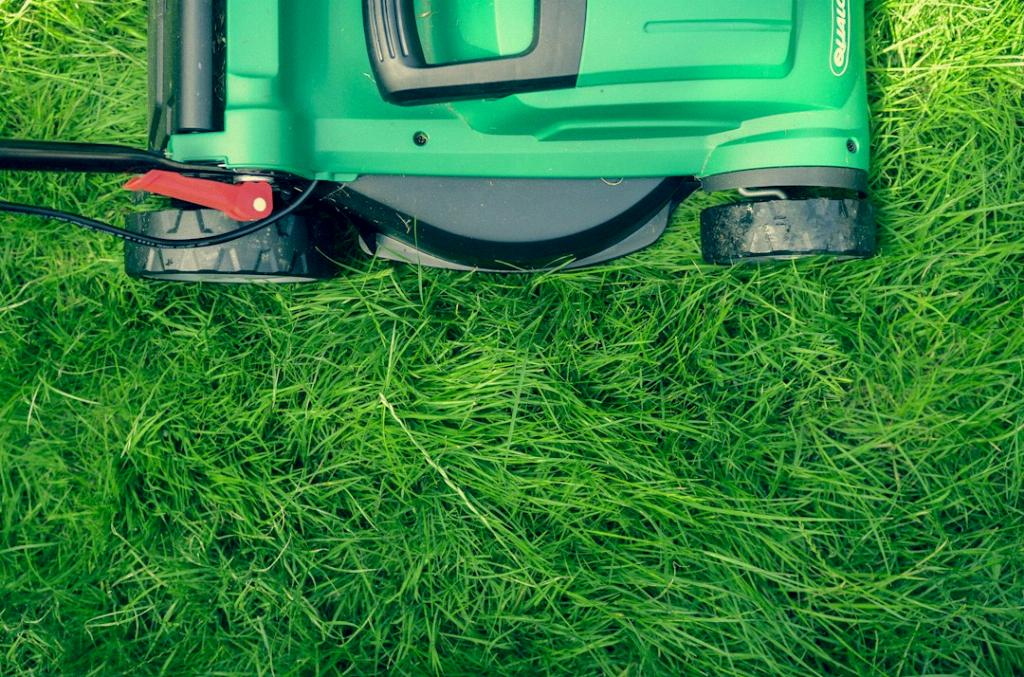When it comes to maintaining a healthy and vibrant lawn, mulching can play a key role in enhancing the overall health of your grass and soil. Mulching your lawn with natural grass mulch can provide numerous benefits that contribute to the well-being of your lawn ecosystem.
One of the primary advantages of mulching is its ability to help regulate the temperature of the soil. By adding a layer of mulch to your lawn, you can prevent the soil from overheating during hot summer days, which can be detrimental to the roots of your grass. The mulch acts as a protective barrier that keeps the soil cool and conducive to healthy growth.
In addition to temperature regulation, mulching is also effective in retaining moisture in the soil. By creating a barrier between the soil and the sun, mulch helps to reduce water evaporation, allowing the soil to retain moisture for longer periods. This is particularly beneficial in dry climates or during periods of drought when water conservation is crucial for maintaining a green and lush lawn.
Furthermore, when natural grass mulch breaks down over time, it enriches the soil with valuable nutrients. As the mulch decomposes, it releases organic matter into the soil, improving its fertility and providing essential nutrients for the grass to thrive. This process also contributes to the formation of humus, a nutritious soil component that supports the growth of healthy plants.
Another key benefit of mulching is its ability to suppress weed growth. By creating a dense layer of mulch on the soil surface, you can inhibit the germination and growth of weeds, effectively reducing the competition for nutrients and sunlight that can hinder the growth of your grass. This natural weed control method can help keep your lawn looking pristine and free from unwanted intruders.
Moreover, mulching can improve the overall aesthetic appeal of your lawn. A well-mulched lawn appears neat and well-maintained, with a uniform layer of mulch contributing to a polished and manicured look. In addition to enhancing the visual appeal of your outdoor space, mulching can also create a more inviting environment for outdoor activities and gatherings.
From a practical standpoint, mulching offers a cost-effective and sustainable lawn care solution. By recycling grass clippings and other organic materials as mulch, you can reduce waste and minimize the need for synthetic fertilizers or chemical herbicides. This eco-friendly approach to lawn maintenance not only benefits the environment but also promotes long-term soil health and sustainability.
Furthermore, mulching is a low-maintenance lawn care practice that requires minimal effort on your part. Once you apply a layer of mulch to your lawn, it serves as a natural barrier that helps to regulate soil moisture, temperature, and weed growth without requiring frequent reapplication or maintenance. This hands-off approach to lawn care can save you time and effort in the long run.
Additionally, mulching can act as a natural pest repellent, deterring insects and other pests from infesting your lawn. The dense layer of mulch creates an inhospitable environment for pests, reducing the likelihood of pest-related damage to your grass and plants. This natural pest control method can help protect your lawn without the need for harmful chemical pesticides.
Overall, the benefits of mulching for lawns are extensive and far-reaching, encompassing improved soil health, water conservation, weed control, nutrient enrichment, and environmental sustainability. By incorporating mulching into your lawn care routine, you can promote the health and vitality of your grass, while also enhancing the beauty and functionality of your outdoor space.
In conclusion, mulching is undeniably good for lawns, offering a range of advantages that contribute to the overall well-being and beauty of your lawn. Whether you are looking to improve soil quality, conserve water, suppress weeds, or enhance the aesthetic appeal of your outdoor space, mulching is a simple yet effective lawn care practice that can yield significant benefits for your lawn and the environment.

